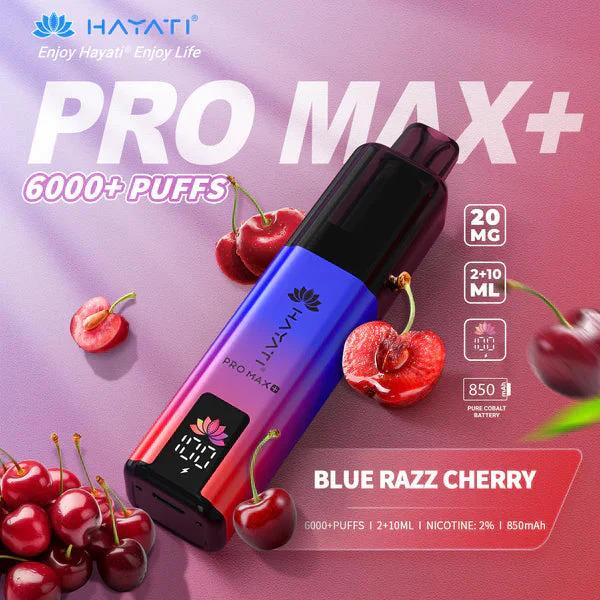Rapeseed Oil Market Drivers Fueling Growth Through Sustainability, Energy Diversification, and Consumer Demand

The rapeseed oil market has emerged as one of the fastest-evolving segments within the global edible oils industry. A combination of consumer health awareness, renewable energy demand, and agricultural sustainability is driving significant transformation. Understanding the drivers of this market is critical for stakeholders aiming to capitalize on future opportunities while ensuring competitive advantage.
Rising Health Awareness and Nutritional Benefits
One of the most influential drivers of the rapeseed oil market is increasing consumer awareness about health and wellness. Rapeseed oil is rich in omega-3 fatty acids and has one of the lowest saturated fat contents among vegetable oils. With lifestyle-related health issues such as obesity and cardiovascular diseases becoming more prevalent, consumers are shifting towards healthier cooking oils. This nutritional positioning has elevated rapeseed oil as a preferred household staple and encouraged food manufacturers to integrate it into processed food products.
Expanding Applications in the Food Industry
Beyond direct household use, rapeseed oil plays a vital role in food processing and foodservice industries. Its stability under high heat, neutral flavor, and health profile make it attractive for frying, baking, and packaged foods. Increasing demand for plant-based diets and natural ingredients further supports growth. The rapid rise of vegetarian and vegan lifestyles is driving wider adoption, positioning rapeseed oil as a sustainable and versatile alternative to other oils.
Growing Role in Renewable Energy
Another key market driver is the expanding use of rapeseed oil as a feedstock for biodiesel production. Governments around the world are emphasizing the transition to renewable energy sources, and biofuels derived from rapeseed oil have gained traction as an eco-friendly option. Policy support, blending mandates, and carbon reduction targets are propelling the demand for rapeseed oil in the energy sector. This dual role in both food and fuel industries enhances the oil’s value proposition and stabilizes demand even during market fluctuations.
Sustainability and Environmentally Responsible Farming
Sustainable farming practices have become a crucial driver in shaping the rapeseed oil market. Crop rotation, reduced pesticide use, and improved seed varieties are helping farmers achieve better yields while maintaining environmental balance. Consumers are increasingly drawn to eco-labeled and sustainably sourced products, pressuring companies to invest in environmentally friendly supply chains. Sustainability not only meets regulatory standards but also serves as a marketing advantage in a competitive global landscape.
Technological Advancements in Production
Technology-driven improvements in agriculture and oil processing represent another driver of market growth. Precision farming tools enable better crop monitoring and yield optimization, while advanced cold-pressing and refining techniques preserve nutritional integrity and product quality. Enhanced efficiency in processing reduces waste and strengthens profitability for producers. These innovations ensure that rapeseed oil maintains its competitive edge against alternatives such as sunflower, soybean, and palm oils.
Expanding Global Trade and Market Access
International trade has been a key factor behind the growth of the rapeseed oil market. Europe continues to dominate due to its strong biodiesel demand, but Asia-Pacific is rapidly emerging as a growth hub. Rising disposable incomes, dietary changes, and government support for biofuels in countries like China and India are driving imports. Establishing trade partnerships, aligning with local regulations, and meeting region-specific consumer needs are critical strategies that enhance accessibility and market penetration.
Competitive Edge Against Other Oils
Despite strong competition from other vegetable oils, rapeseed oil’s unique combination of nutritional, industrial, and renewable applications drives its resilience. While palm and soybean oils often dominate due to lower costs, rapeseed oil gains traction through its health image and sustainability profile. These differentiating drivers allow it to remain competitive even in cost-sensitive markets.
Rising Consumer Demand for Plant-Based Alternatives
Global consumer trends toward plant-based and vegan lifestyles are accelerating demand for rapeseed oil. It is viewed as a sustainable alternative to animal-based fats and a reliable ingredient in plant-based food products. This consumer-driven shift reinforces the role of rapeseed oil as a key enabler in the transformation of global dietary patterns.
Conclusion
The rapeseed oil market is being shaped by powerful drivers that extend across health, energy, sustainability, and technology. Rising consumer health awareness, renewable energy expansion, and environmentally responsible farming are positioning rapeseed oil as a vital player in both food and industrial applications. These drivers collectively ensure long-term resilience, offering opportunities for producers, processors, and investors to strengthen their role in a dynamic and competitive global market.








